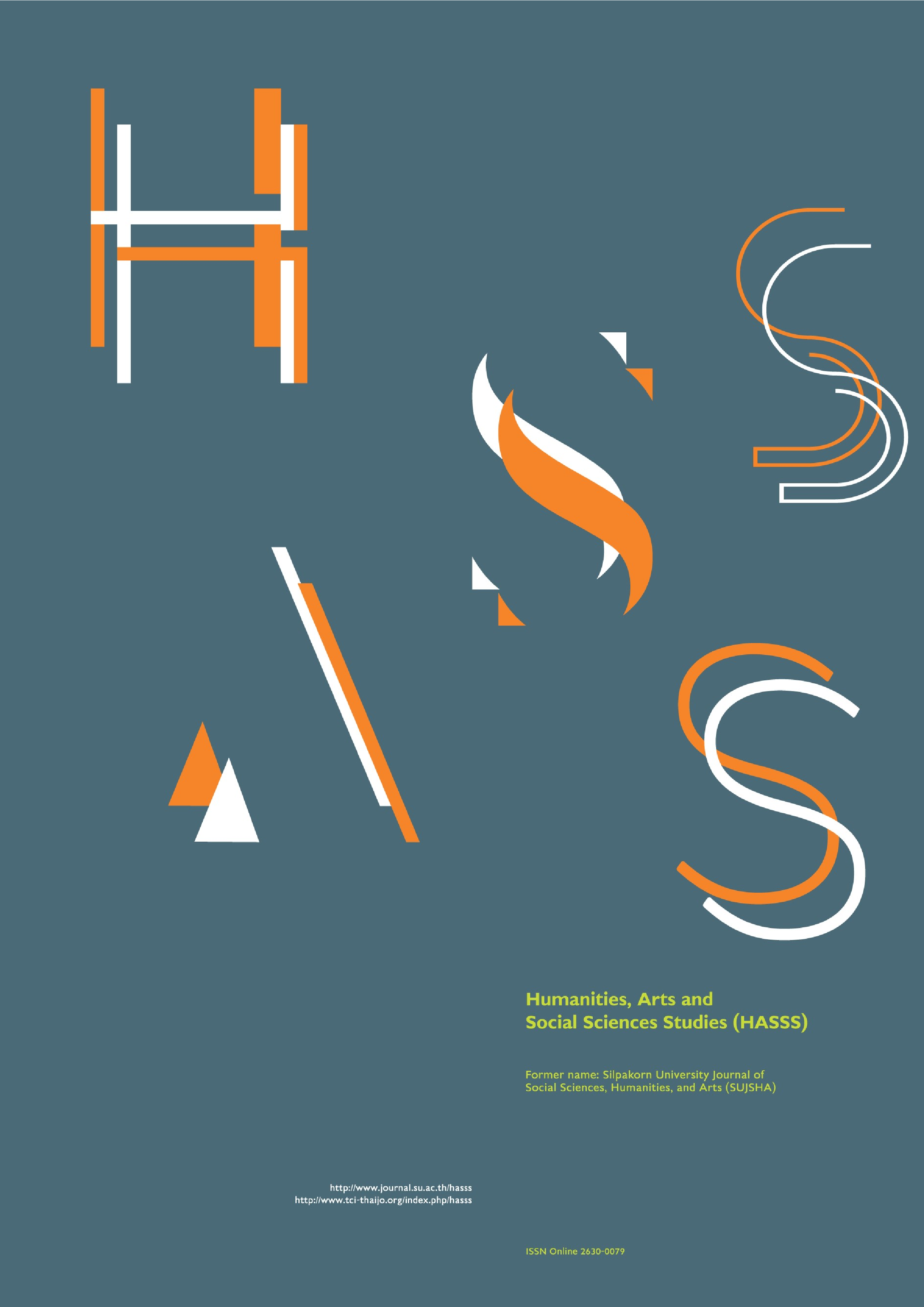A reviewing and futuristic study of merchant marine education in Thailand's universities
Main Article Content
Abstract
Thailand's universities face several challenges producing ship officers including the effects of globalization, changing environment and cadets’ attitude. This paper reviews the current ship officer’s education offered at the only two Universities in Thailand, conducts a 5-year futuristic study, measures the occupation confidence of current cadets, and proposes a strategic approach for the educational institutions. The research methodology includes direct observation, interviews with, and a questionnaire. Three future scenarios are derived through interviewing 8 faculty lecturers and current and former executives, using the Ethnographic Future Research (EFR). The measurement of a cadet’s occupational confidence index utilizes the Net Promoter Score (NPS) technique, with a sample of 200 students from the nautical science and the marine engineering courses. The study found that the offered curricula in these faculties must follow the rules and regulations issued by the International Maritime Organization (IMO), Thailand’s Marine Department, and their respective Universities. These fixed requirements yield a higher cost of operations. Furthermore, the difference in the standards, the scarcity of qualified lecturers, and the reduction of prospective students are key challenges. Out of the three envisaged scenarios, the most-probable case is the frequent changes in the standards and regulations, the higher cost of training, and advancing technology impacting the nature of education. The occupation-confidence indices were measured and categorized for each branch of study, institution, and year of students. The results are negative in all sample sub-groups and become more negative among the senior students, which may affect their time spent working on a vessel at sea. The formulation of a strategic plan and subsequent conducting of operations should be consistent with the most-probable future scenario by being flexible adapting to changes in standards and in the educational environment and in preparing cadets for the international merchant fleet.
Downloads
Article Details

This work is licensed under a Creative Commons Attribution-NonCommercial-NoDerivatives 4.0 International License.
All rights reserved. Apart from citations for the purposes of research, private study, or criticism and review,no part of this publication may be reproduced, stored or transmitted in any other form without prior written permission by the publisher.
References
Burapha Logistics. (n.d.). Organizational Profile. [Online URL: https://buulog.com/index.php/faculty-profile/] accessed on February 2, 2020. [in Thai]
Cicek, K., Akyuz, E. and Celik, M. (2019). Future skills requirements analysis in maritime industry. Procedia Computer Science 158: 270-274.
Jopsanjorn, T. (2014). Chinese Education System: Past, Present and Future. Bangkok: The Non-Government Think Tank for National Strategies (Klang Panya). [in Thai]
Kasetsart University Sriracha Campus. (n.d.). Information. [Online URL: https://www.src.ku.ac.th/index.php?iPage=info/dep/imc] accessed on February 2, 2020. [in Thai]
Luksanato, S. (2013). Ship Officers Production for Merchant Ship in Thailand’s Universities. Paper Presented at the Research Administration Network Conference. Nakhon Pathom, Thailand. February 27-28. [in Thai]
Reichheld, F. F. (2006). The Ultimate Question: Driving Good Profits and True Growth. Boston, MA: Harvard Business School Press.
Thomas, M., Sampson, H. and Zhao, M. (2003). Finding a balance: companies, seafarers and family life. Maritime Policy & Management, 30(1): 59-76.
Yamane, T. (1967). Statistics: An Introductory Analysis. 2nd ed. New York: Harper and Row.


